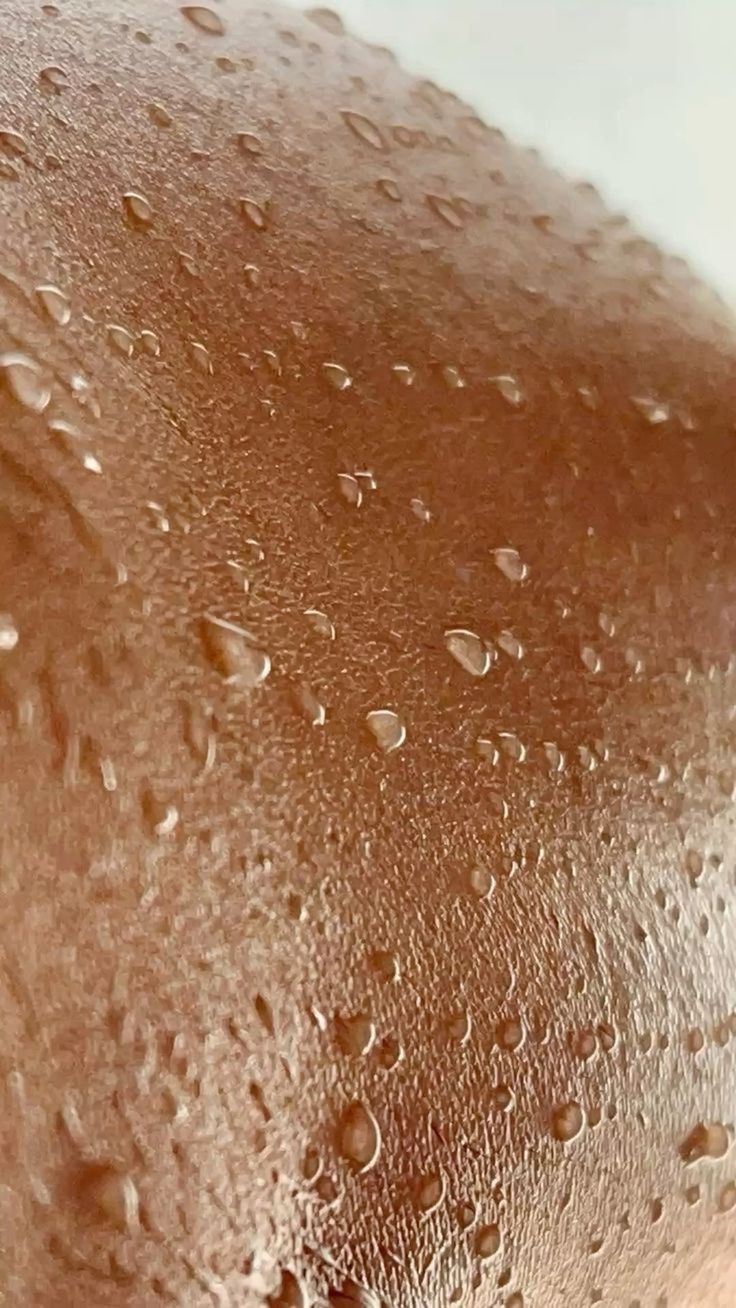Menopause & Skin: What Really Happens
(and How to Keep Your Glow)
Have you noticed your skin starting to feel different - maybe not quite as bouncy, a little drier, or more sensitive than before? I certainly have. For me, these changes are creeping in during perimenopause (which, surprisingly, can begin as early as your 30s).
But here’s the good news: how your skin ages isn’t set in stone. Lifestyle, nutrition, and skincare choices all play a huge role in how gracefully we move through this stage.
As I navigate this stage myself, I’ve found I must work harder and be more intentional about how I look after both my skin and my body. For me, it’s not just about skincare, but about keeping strong, flexible, and clear-headed. That’s meant getting serious about resistance training (low reps, heavier weights), adding in interval and jump training for heart health and reflexes, and staying consistent with recovery and flexibility work. Nutrition has always been a focus for me but now it’s more tailored for my needs at this stage in my life - protein with every meal, keeping carbs in check (but not cutting them out completely), loading up on vegetables, and supporting my body with supplements like creatine, magnesium, and high-dose omega 3s. It’s a lot, but I see it as an investment in staying strong and feeling good, rather than letting age set the limits.
When it comes to skin health, I’ve supported my skin for as long as I can remember with Retinoids, peptides, and antioxidants; it’s better to embrace the prevention approach, and I’ve always had regular treatments. Still, there can be a shift in skin condition as oestrogen declines, it may require supporting the lipid barrier with ceramides and hyaluronic and using a lower dose of retinoid serum for a period if the skin is more impaired and sensitive. Adding in (but not replacing retinoids or antioxidant) a peptide serum can be helpful as like everything with age these messaging molecules take a decline.
With such a constant and progressive decline in collagen its essential to regularly stimulate the skin in addition to your home care. I do this with regular needling, peels and LED light therapy.
The Hormonal Shift
Menopause brings a big hormonal transition, especially with a drop in oestrogen and progesterone. Oestrogen is like your skin’s best friend - it helps keep collagen, elastin, and hyaluronic acid levels strong, all of which are key for firmness, hydration, and glow. As oestrogen dips, the skin naturally changes, with collagen levels falling by up to 30% in the first five years after menopause. But remember while the biology is real, how quickly (or slowly!) these changes happen is strongly influenced by lifestyle choices.
The epidermis is also significantly affected by declining oestrogen. Oestrogen normally supports the renewal of keratinocytes (skin cells), but during menopause this turnover slows. As a result, the stratum corneum (the outer most layer of the skin) becomes thinner and the skin barrier less efficient. This leads to greater water loss, dryness, irritation, and reduced protection against environmental stressors. Lipid (oil) production also decreases, further weakening hydration and barrier integrity. Together, these changes explain why skin often feels more sensitive and heals more slowly after menopause.
At the same time, vascular changes occur. Oestrogen helps maintain healthy microcirculation in the dermis, but when levels drop, capillary blood flow decreases. This reduces the supply of oxygen and nutrients to skin cells, slowing their activity and repair processes. Combined with a decline in antioxidant defences, the skin becomes more vulnerable to oxidative stress and glycation damage.
The outcome is accelerated visible aging, including fine lines, dullness, and uneven pigmentation.
The Empowering Part – What You Can Do
Here’s the uplifting news: your skin is responsive and loves support. By combining smart skincare with healthy habits, you can maintain vitality and glow at every stage:
Must have, skin care:
- Retinoids: (Retinol, Retinaldehyde, Retinyl, Retinoic acid) , Retinoids at effective doses, stimulate the fibroblast to produce collagen, stimulate your own hyaluronic, help repair damaged skin cell DNA.
- Peptides: messengers that can reduce inflammation, stimulate repair, relax fine lines
- Niacinamide:, anti-inflammatory, hydrating, protective and helps control pigmentation.
- Antioxidants: protect the cell membrane, protect cell DNA, Vitamin C is a necessary nutrient for your skin to produce collagen
- Hyaluronic acid: supports the extracellular matrix. The extracellular matrix (ECM) is a network of proteins and carbohydrates that surrounds cells, providing structural support, biochemical cues, and a medium for cell communication. Adding in a hyaluronic acid serum can be helpful but I still believe the best way is through retinoids stimulating your natural production of hyaluronic
- In-Clinic Treatments: Microneedling, radiofrequency, peels or fractional lasers can kick-start new collagen production
- Lifestyle Power: Protein-rich meals, antioxidant-packed fruits and veggies, good sleep, regular movement, and stress management all support your skin from the inside out
- Hormonal Support: For some women, hormone replacement therapy (HRT) can be a game-changer (always check with your healthcare provider)
The takeaway: Menopause isn’t the end of glowing skin—it’s the start of understanding your body better and giving it what it needs. With the right approach, your skin can stay radiant, resilient, and healthy for decades to come.




